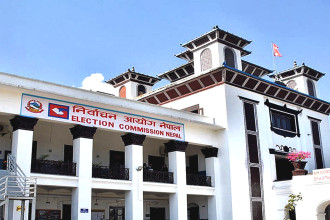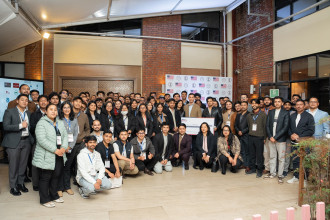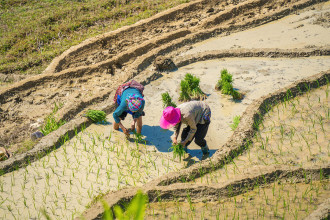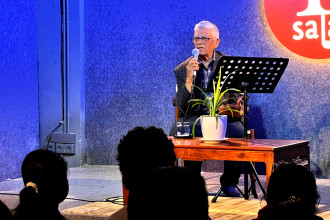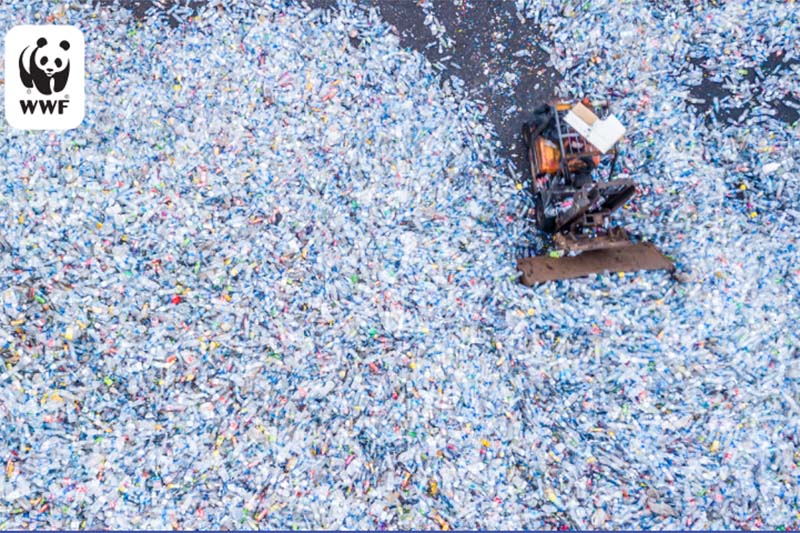
KATHMANDU: A new report from World Wildlife Fund (WWF) finds that principal members in the organisation’s ReSource: Plastic programme — The Coca-Cola Company, Keurig Dr Pepper, McDonald's Corporation, Procter & Gamble, and Starbucks — cut their use of problematic plastic by 57% between 2018 and 2020. This significant reduction, which totalled 71,000 metric tons, included the elimination of material transformation of hard-to-recycle small items like straws, utensils, and materials like rigid foam and vinyl.
The decrease in problematic plastic is one of many metrics highlighting progress published in Transparent 2021, the second annual report from ReSource: Plastic. Launched in 2019, the programme is a first-of-its-kind effort to quantify the corporate impact and track company actions and opportunities to prevent millions of tons of plastic waste.
The Transparent reporting series looks at how plastic footprints are changing year-over-year, tracking progress and prioritising recommendations for action in three areas WWF finds critical for corporate engagement on plastic:
- eliminating unnecessary plastic
- making the plastic they do need from sustainable inputs
- and doubling their recycling rates.
- Promising progress in some areas, particularly around eliminating unnecessary plastic.
- Advancement of reusability – an intervention that has the potential to curb the demand for single-use items. Several companies introduced or expanded reuse pilots, and/or participated in Consumers Beyond Waste to develop critical guidance for environmentally and socially responsible reuse systems.
Published Date: December 16, 2021, 12:00 am
Post Comment
E-Magazine
RELATED B360 National


